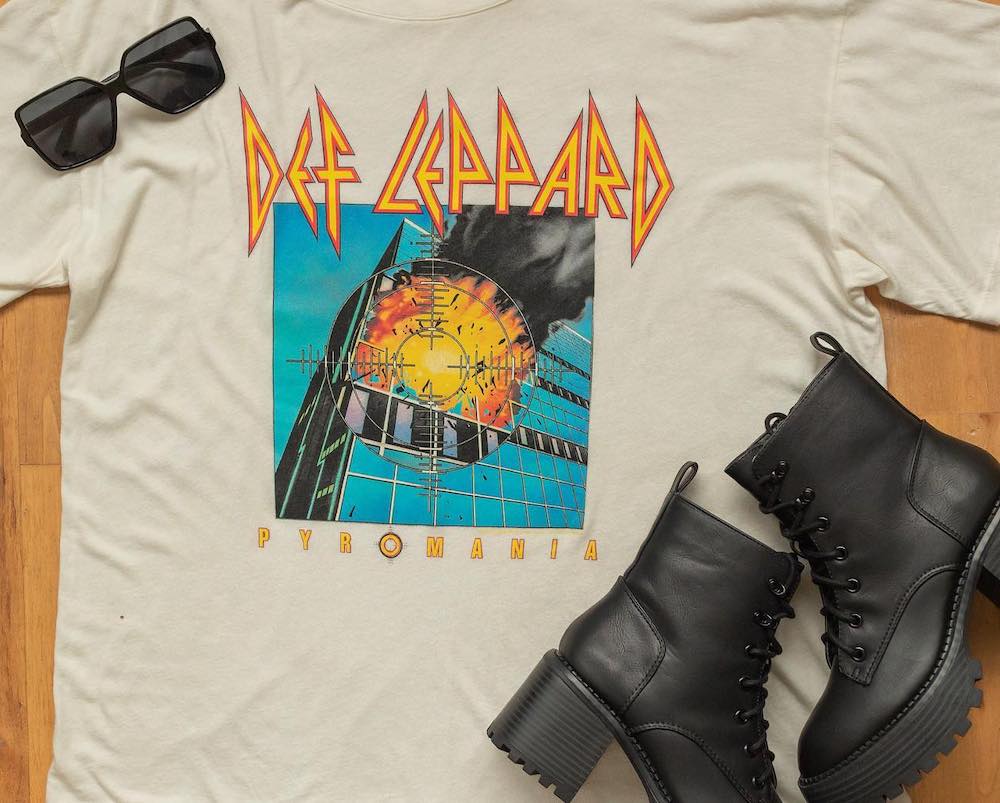In today's fashionable world, more companies in the fashion industry are turning towards sustainability which promises a greener and more ethical approach to clothing production. Yet, behind the allure of eco-friendly materials and fair labor practices, lies a stark reality—the lofty price tag often attached to sustainable clothing. This begs the question: Why are sustainable clothes so expensive?
As much as you may want to be a conscious consumer and support clothing brands that make you feel and look good, it can be hard to fathom why a plain white-tee is making such a dent in your wallet. Here at People of Leisure, we believe you deserve to know where your money's going. Let's explore the price tag behind sustainable fashion, as well as the value of these expensive clothing prices.
Understanding the Price Disparity
The Economics of Sustainability
As a sustainable brand, we embody a commitment to environmental preservation, fair wages, and ethical supply chains. But everything comes with a price and sustainable fashion is no exception. As you can imagine, a commitment to sustainable fashion lends higher prices to the production process. This is because unlike fast fashion, sustainable brands don't cut corners to maximize profit margins. They invest in high-quality materials, fair wages, and eco-friendly manufacturing processes – which significantly impacts the final cost consumers bear.
Supply Chain Dynamics
Another component influencing sustainable clothing prices is the intricate supply chain. From sourcing the raw materials you love to utilizing renewable energy in production facilities, every step incurs higher costs. Additionally, ensuring fair wages for workers at every stage further contributes to the overall expense.
Raw Material Expenses
The eco-friendly materials we know and love often come at a premium. For example, organic cotton, recycled polyester, and hemp are sustainable fabrics that generally cost more due to their limited availability and the cost of production. While these materials align with our environmental goals and our commitment to slow fashion, they also elevate the price of the final product.
Ethical Manufacturing and Fair Wages
Unlike the garment workers in some developing countries who receive minimal wages, sustainable brands prioritize fair compensation. That's right: we don't believe in sweat shops or cheap labor. While paying a living wage to workers, adhering to strict labor standards, and providing safe working conditions all contribute to the final price of clothing, we think it's worth it.
The Truth Behind the Numbers: Factors Influencing Pricing
Consumer Demand and Brand Strategies
The growing consumer demand for sustainable products fuels a higher market price. Luxury brands often lead this niche, positioning themselves as pioneers of sustainability. However, they also command higher prices due to their brand equity and exclusivity.
Climate Change and Carbon Footprint
Environmental consciousness comes with a cost. Fashion brands that invest in renewable energy, do their best to reduce carbon emissions, and minimizing their ecological impact often incurs increased operational expenses, which in turn reflect in their product pricing.
Logistics and Transportation
Despite the fact that we live in a world of 'next-day' delivery, sustainable fashion brands often prioritize eco-friendly shipping companies, using fewer and more efficient shipping containers or larger vessels. While environmentally responsible, these choices may lead to higher transportation costs, contributing to the overall price of clothing sales.
The Value of Sustainable Fashion: Beyond the Price Tag
We understand that balancing ethical concerns with financial constraints can be challenging for consumers. But while you may be saving money when you buy clothes from less-sustainable brands, it comes at the cost of humanity and the environment.
Yes, the initial investment may seem higher, but it's a step towards a more responsible and conscientious fashion industry. In return, you get better quality products you can cherish for longer and one-of-a-kind pieces that truly showcare your unique personality.
Some of our consciously-made collections include these Sunkissed Tees and Organic Band Sweaters & Hoodies. While their price tags are higher than what you might expect from a fast fashion brand, the cost reflects the eco-friendly material, small-batch production, and ethical practices behind them. Because in the pursuit of a more sustainable future, the price we pay for our clothes today could very well be an investment in a better tomorrow.
Leading with Kindness: It's Worth It
We believe the true cost of sustainable fashion transcends mere price tags. That's why we remain committed to fair wages, eco-friendly materials, ethical practices, and environmental preservation.
In everything we do, we strive to be sustainably and ethically responsible. This means prioritizing slow fashion because we believe that making clothing in small batches is better for our planet and for ourselves.
We also aim to reduce our carbon footprint by purchasing deadstock fabric destined for the landfill and investing in organic materials like 100% organic cotton and hemp. Finally, we have a Zero Sweat Policy, honoring the people who transform our clothing designs into beautiful garments.
Kindness matters. We hope you'll appreciate the value of embracing sustainable fashion as much as we do.






